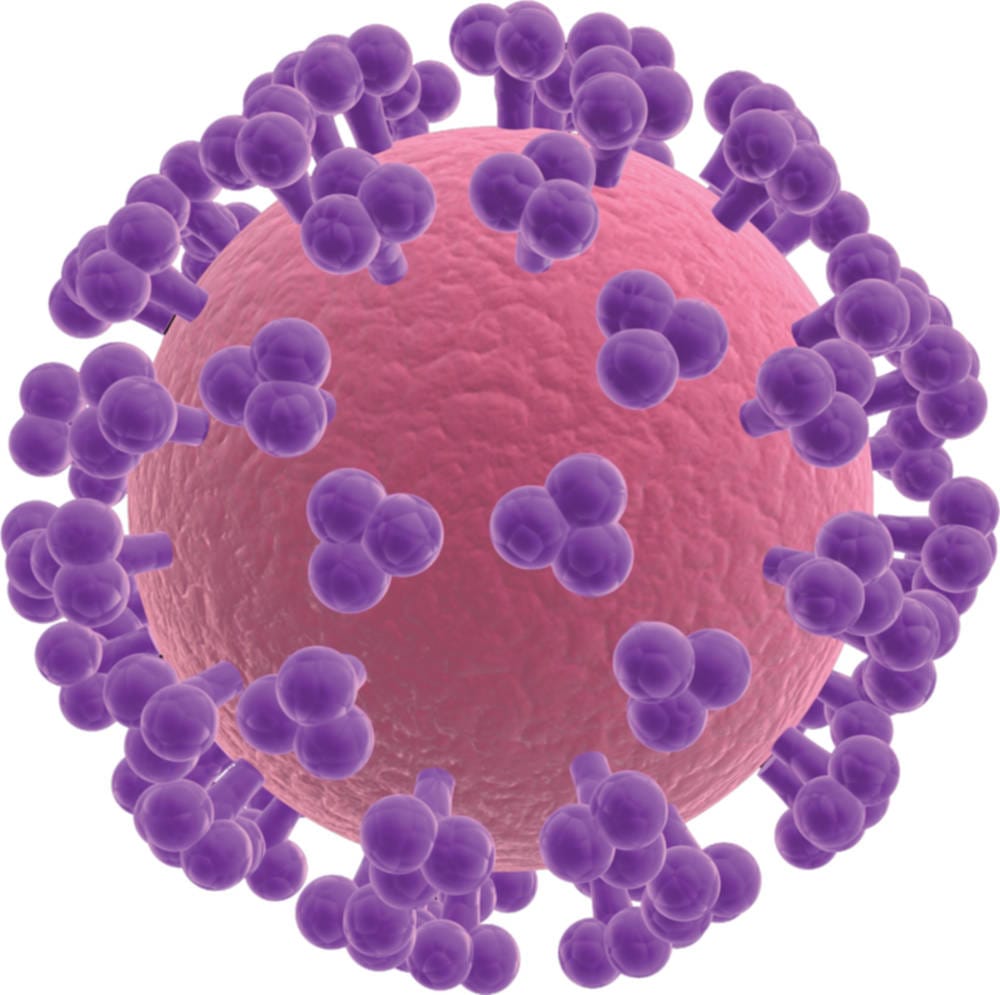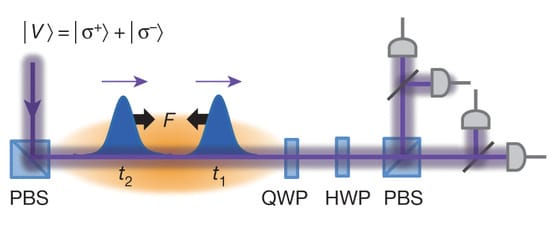Link found between HIV and cocaine
Phillipa Skett writes about the latest findings in HIV research

It is a drug whose users come from across all walks of life; from traders in the big cities to celebrities in the bathrooms, cocaine is a substance commonly associated with excess, confidence, and power. This week scientists also drew links between this Class A drug and something far less desirable; research conducted by University of California, Los Angeles (UCLA) has found that cocaine use may increase the possibility of successful HIV infection, and not just due to lifestyle choices alone. The report, published by the Journal of Leukocyte Biology, demonstrated that CD4 T-Cells, key immune cells found throughout the body, become more susceptible to the Human Immunodeficiency Virus when in the presence of cocaine. Because of the overlapping lifestyles that can be associated with both cocaine use and HIV infection, this is a particularly worrying new piece of research, and indicates that cocaine users are more at risk than previously thought of contracting the deadly disease. Usually, HIV functions by infecting CD4 Cells, which are a type of T helper cells. T helper cells are white blood cells that, upon detecting infection, activate other immune cells around them by releasing chemical messengers known as cytokines. They trigger a cascade of immunological activity, bringing together other components of the immune system to remove any threat as efficiently and as successfully as possible. They “help” the immune system in getting its act together, to combine forces and tackle the infection head on. HIV is so potent because it breaks down the prime defence mechanism the body has against infection, effectively bringing the enemy down from the inside. HIV infects the CD4 T-Cells, causing them to burst or be targeted by other cells for degradation. This causes the number of CD4 Cells to decrease, weakening the ability of the different cells within the immune system to join forces together and fight off future infections. This is why HIV doesn’t kill patients directly Acquired Immunodeficiency Syndrome (AIDS) is when the CD4 T-Cell count drops so low the patient has, as the name suggests, a deficient immune system and cannot fight off infections. These opportunistic infections can be caused by a whole host of microorganisms, and lead to adverse symptoms when there is no immune system to stifle them. The scientists who conducted the study collected blood from human donors that were healthy, isolated the CD4 T-Cells and then exposed them to cocaine over a period of three days. Then it was simply a case of watching and waiting- the researchers monitored the progression of the HIV lifecycle, and saw that in cells bathed in a cocaine-derived solution, there was a significant difference in infection rates and subsequent new viral production to those that remained cocaine free. This may be facilitated by receptors on the CD4 cells that are agonists for cocaine, rendering cells more susceptible to HIV infection, but as is the case with many of these things, more research is needed. Worryingly, these receptors are agonists for a plethora of other drugs too, and as of yet it is unknown if these too may increase the possibly of HIV infection for such essential immunological cells.









